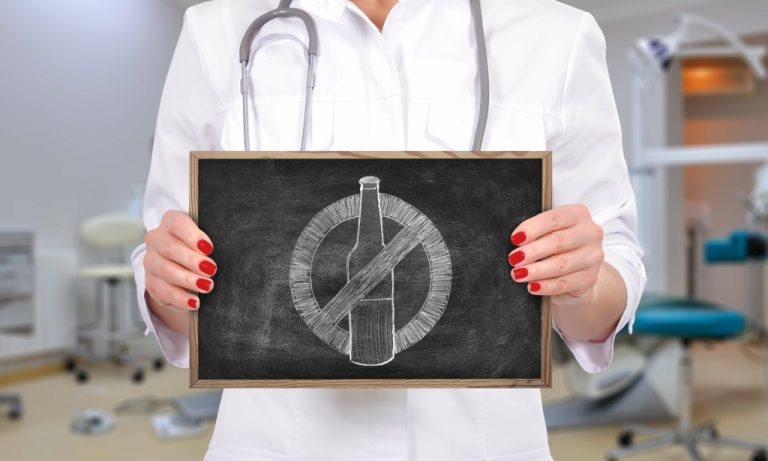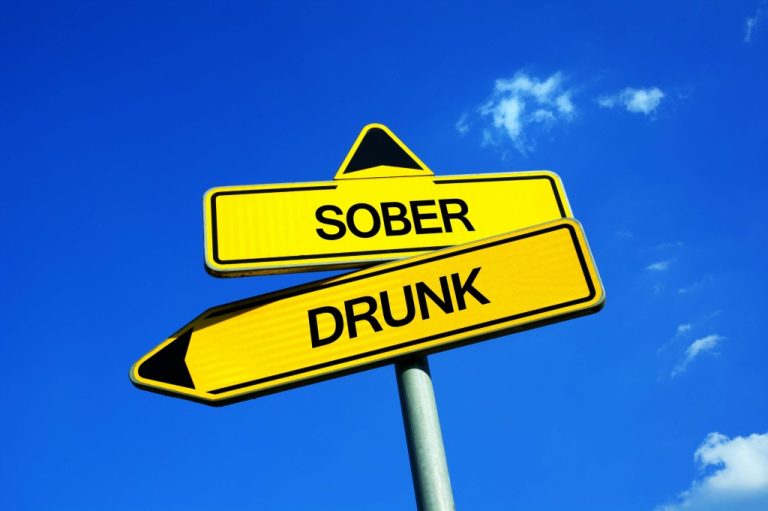However, medical pros can prescribe some meds to take care of the blues that come with getting sober. Outpatient treatment can also be beneficial for those who have experienced a recent relapse and need additional structure. Many individuals return to outpatient programs to reinforce their coping strategies or to maintain progress made in more intensive settings.

Alternative therapies
In addition to these https://vallebordados.com/2022/11/01/how-long-does-a-person-alive-after-being-diagnosed/ strategies, it’s important to have a relapse prevention plan in place. This can include identifying triggers and developing strategies for managing them, such as calling a support group member or practicing mindfulness techniques. However, there are medical approaches that can help individuals overcome their addiction and achieve lasting sobriety.
- In another trial of CBT for CUD, Rawson et al. (11) found that subjects treated with CBT continued to show improvements in reductions of cocaine use at 26- and 53-week follow-ups (11).
- To prevent the “coming down” effect, the user will snort more cocaine each hour or less to keep the high going and to prevent withdrawal symptoms.
- Aftercare is the phase of treatment that follows the completion of an initial, intensive treatment program.
- Motivational Interviewing (MI) is a therapeutic approach designed to enhance an individual’s motivation to change and engage in treatment.
- Cocaine addiction is a psychological and physical dependence that compels the individual to use cocaine.
- Other times people use cocaine with “downers” or nervous system suppressants like Xanax or opioids.
Final Thoughts: Recovery Is Ongoing—but Within Reach
- Subjects were randomly assigned either to topiramate, up to 200 mg daily titrated over several weeks, or to a placebo.
- They do not work with Medicaid, Medicare, MediCal, or any state funded insurance policies.
- Disulfiram is an FDA-approved medication used to treat alcoholism, but studies have shown that it may also effectively reduce cocaine use.
- As we wrap up our exploration of cocaine addiction treatment options, it’s crucial to emphasize that there’s no one-size-fits-all approach to recovery.
- For example, you might roleplay how to turn down friends who are using at a party—without feeling judgmental or alienated.
To understand cocaine addiction, it’s important to recognize the powerful grip this drug can have on your life. Cocaine addiction is a complex and challenging condition that affects not only your physical health but also your mental and emotional well-being. To diagnose a cocaine addiction, your doctor will discuss your current usage and health history.
- For example, the effects of smoking last 5 to 10 minutes, but are felt immediately.
- Other solutions to help overcome cocaine addiction include exercise, hypnosis, acupuncture, and herbs.
- CBT may be a particularly valuable intervention because cocaine-dependent patients treated with CBT often continue to improve after therapy is complete.
- The efficacy of modafinil may also be sensitive to degree of adherence to treatment.
- But it’s not all doom and gloom; it’s possible to fight your way back from substance addiction.
Drugs, Brains, and Behavior: The Science of Addiction
Modafinil adherence was low, with only 10% of subjects completing treatment. Intent-to-treat analyses showed that modafinil did not improve CBT treatment retention or any of the cocaine-related outcomes. Both groups showed similar, large reductions in cocaine use cocaine addiction treatment during the trial.


This guide will serve as a roadmap to help you navigate the complexities of treatment and recovery, offering hope and guidance every step Halfway house of the way. The best thing that you can do for yourself when in treatment is to focus on your recovery and don’t worry about how long it will take for you to complete the cocaine addiction treatment program. If it takes a little longer for you to stabilize and feel better, that’s OK! You may recover quickly or, you may need to take a bit longer to focus on your recovery efforts and to allow your brain and your body to heal. Cocaine addiction is the resulting psychological dependence that develops when a user has abused cocaine repeatedly or for a prolonged period of time. Using cocaine regularly and repeatedly can quickly cause changes in the brain that result in a physical and psychological dependence that later requires professional treatment in order to get well.

اضف تعليقا